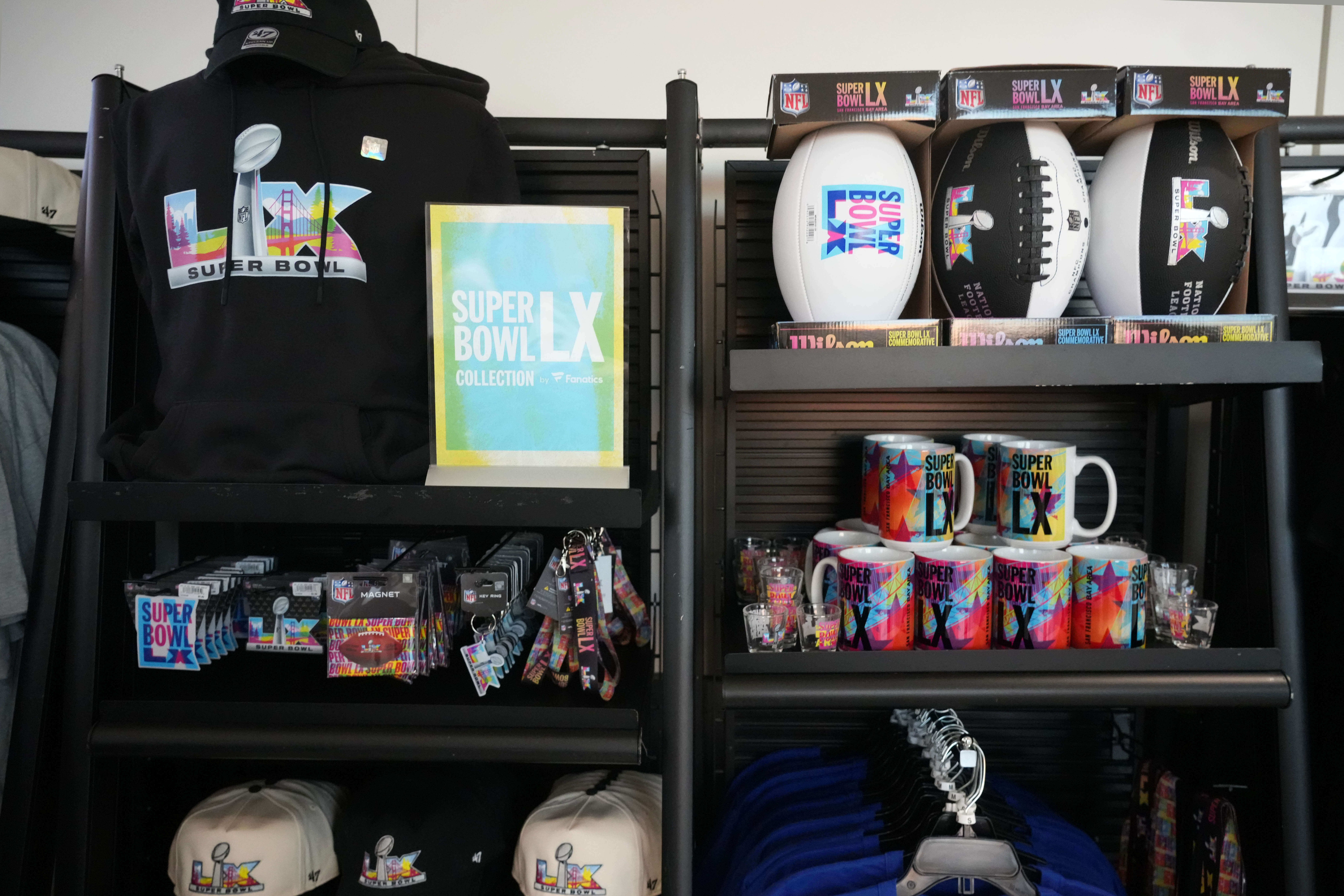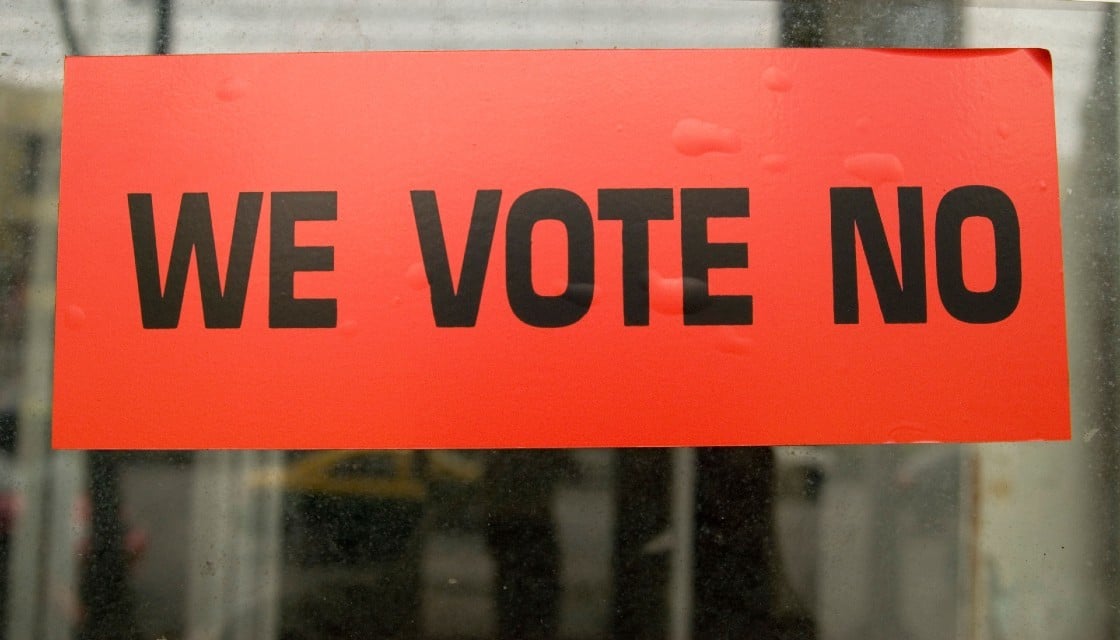California horse racing may not be at a crossroads right now, but Scott Chaney believes it’s coming, barring a change.
Unfortunately for those interested fully expanding legal gambling including sports, Chaney said he does not expect another California sports betting measure to come up anytime soon, nor does he expect the legislature to consider it, given the defeat of Prop 26 and the even worse showing for Prop 27, an initiative to legalize online sports betting, last year.
As the nation’s largest state, California is a major market for horce racing. Del Mar and Santa Anita, two of the state’s tracks, continue to host some of the game's top talent and biggest races.
However, unlike tracks in Kentucky and most other states, California’s operators do not have a secondary gaming offering to subsidize their purses, the amount of prize money awarded to horse owners for their entries' finish in a race. Nor does the state offer a direct subsidy to the racing industry, as in states like New Jersey and Texas.
Where Things Stand Now
“We’re kind of doing it all alone,” said Chaney, who serves as the executive director for the California Horse Racing Board, in a recent interview with BetCalifornia.com. “Our purses are purely based on gambling (on races).”
An effort to let the tracks host sportsbooks, a component of tribal gaming measure Proposition 26, was soundly defeated by voters in the state last year. Propositon 27, which could have brought legal California betting apps, also failed.
Chaney said the lack of a funding resource is an issue that needs addressing, and sooner rather than later.
“I don’t think our model is sustainable at some point,” he said. “You just not going to have the best racing in the country if you can’t keep up from a purse standpoint, and field size and purses are the ballgame when it comes to the economics of horse racing.”
There's already some cracks evident. On July 16, The Stronach Group announced it would consolidate its California operations. That includes shutting down Golden Gate Fields in Berkeley and adding race dates at Santa Anita.
So, if sports betting is not likely, then what’s available for California horse racing? A couple days before the Golden Gate announcement, Chaney spoke at a panel during the National Council of Legislators from Gaming States Summer Meeting in Denver and mentioned historical horse racing (HHR) as a possibility.
What Is Historical Horse Racing?
HHR, also known as instant racing, is a slot-like game. However, unlike a Las Vegas-style slot machine, which uses a random number generator to determine winners, HHR machines use the outcomes of a series of previously run races instead. Because of the tie to races, HHR is considered a pari-mutuel game.
It’s a growing form of gaming, starting in Arkansas at the beginning of the century. HHR machines have been in Kentucky for more than a decade and are considered the primary reason the state’s year-round racing circuit has improved significantly in recent years.
In recent years, states like Virginia, Kansas, Louisiana and New Hampshire have followed Kentucky’s lead in allowing the machines in their state.
Through May, for the first 11 months of the 2022-23 fiscal year, Kentucky tracks and satellite facilities have reported $7.48 billion in handle from HHR machines, according to data from the Kentucky Horse Racing Commission. For perspective, the national handle for live racing in 2022 was $12.1 billion, according to the Jockey Club.
Kentucky tracks have reported revenues gross exceeding $667 million, and more than half of the tax money generated from the revenue is applied to thoroughbred and standardbred development funds.
To envision the size of a California HHR market, consider that Los Angeles County, home to 9.8 million residents and Santa Anita, has more than double the population of Kentucky.
Chaney said he shares his ideas with the CHRB board members before he made the remarks, and he doesn’t consider himself ahead of the board as nearly all involved in California horse racing see the need.
That said, Chaney told BetCalifornia.com that the tracks and the horsemen should take the lead on the issue, especially if it goes before lawmakers.
An Answer That Leads To More Questions
Answering California racing’s funding questions with HHR opens the door to additional questions. That includes who has the authority to allow such machines in the state.
Chaney told BetCalifornia.com that the state law giving CHRB the power to serve as the state’s regulatory body over horse racing is “pretty general” because it does not explicitly confine it to live racing.
But even Chaney admits that could be open to interpretation and potential litigation. In Kentucky, the KHRC allowed tracks to offer HHR machines for years until a state Supreme Court opinion in 2020 questioned the commission’s authority. Lawmakers quickly passed legislation in 2021 as a result.
Because of that, Chaney thinks the legislature would likely need to be involved.
“There’s already pari-mutuel horse racing in California. There’s a regulatory structure in place, so it wouldn’t be a super heavy lift, nor would it be a real expansion of gambling,” he told BetCalifornia. “It’s something that already exists. I guess the devil’s advocate would say,
‘You’re expanding past live horse racing,’ but I feel like it would be a smaller imprint and more of a sellable proposition to the legislature.”
Would California Tribes Support HHR?
But going to the legislature leads to another question: How would California’s tribal gaming nations react? While the tribes partnered with the tracks on Prop 26, the nations could see HHR as a threat.
Attempts to reach the California Nations Indian Gaming Association for comment were unsuccessful.
Given how “protective” the tribes are of their gaming operations, Chaney acknowledged he has difficulty thinking of a scenario in which lawmakers would pass HHR “without the blessings” of the tribal operators.
“The blessing of the tribes would require some sort of monetary benefit to them as well,” he surmised. “So, I can imagine something almost like Prop 26 but just for historical horse racing. Where it’s limited to existing gambling establishments, like tribes and racetracks, and you go from there.”
Racing interests, though, are likely racing against the clock to find something. Chaney says something likely needs to take place in the next two or three years. He noted Del Mar opened its summer meet on Friday and announced their purses would be the largest in the famed track’s history. But while the tracks are doing well handle-wise, Chaney reiterated it’s not a sustainable model.
The Horseracing Integrity and Safety Act might also help level the playing field to an extent with other states, but not completely. “At the end of the day, when Kentucky Downs is offering $100,000 for a maiden race, the glamour and weather in Southern California is only going to go so far when we’re offering 50 or 60 thousand,” he said.






